Child custody is a confusing topic for many people. This is often the case because most people don’t fully understand what child custody is and the different types of child custody.
Two examples of how people can be confused:
- Mistakenly believe child custody only refers to one type of custody: physical custody. Many people don’t realize there are two different and distinct types of custody under Georgia law.
- Incorrectly define the levels of each type of custody using general terms such as “full custody” or “joint custody.”
So let’s de-mystify, or explain, what child custody is and the two types of child custody.
What is Child Custody?
Child custody simply refers to who has legal rights, or is the legal parent – in the eyes of Georgia law – to the child or children.
Custody is separate from who is a biological parent. What that means is a legal parent may not necessarily be the biological, or natural, parent of a child. Along the same lines, a biological parent may not necessarily be the legal parent of the child.
Georgia law recognizes two types of child custody: legal custody and physical custody. In every divorce, or child custody case, both legal custody and physical custody must be defined and decided on.
Legal Custody in Georgia
Legal custody gives a parent the ability to access school and medical records, make medical decisions for the child, etc. In most divorce cases, both parents will retain legal custody in what is called joint legal custody.
Georgia law recognizes four main areas of parenting decisions pertaining to legal custody:
- Educational decisions
- Medical decisions
- Extracurricular activity decisions, and
- Religious upbringing decisions
The law requires parents in a joint legal custody arrangement to make a good faith effort to discuss and agree on the parenting decisions affecting the child.
However, if the parents are unable to agree, one parent will be deemed the ‘tie-breaker’ so that a final decision can be made. Georgia law requires a tie-breaker parent because a child cannot remain in limbo forever. One parent can be the tie-breaker for all four parenting areas listed above, or the parents can divide the tie-breaker status.
For example:
The mother may be the tie-breaker for education and extra-curricular activities, and the father may be tie-breaker for medical and religious upbringing.
If one parent has sole legal custody with the other parent having no legal rights to the child, the parent without legal custody cannot make any decisions regarding the child. This does not mean, however, that the parent without legal custody cannot see the child.
Physical Custody in Georgia
Physical custody refers to which parent the child physically resides with.
Most courts in Georgia will grant one parent primary physical custody, and deem the other parent to be the secondary physical custodial parent or non-custodial parent. Courts in Georgia will usually grant the non-custodial parent visitation rights with the child. In Georgia, standard visitation is typically every other weekend; however courts may grant visitation as it deems appropriate on a case by case basis.
Unless entered into by agreement of the parties, most courts in Georgia will not grant both parents joint physical custody. Joint physical custody is where physical custody of the child is equally split between the two parents. Parenting times are equal and the child resides with both parents an equal amount of time.
An example of joint physical custody is where a child resides with one parent for a week and then resides with the other parent for a week, and so forth.
Joint physical custody is not usually granted because it is very difficult on children to be constantly switching between their parents and their new households on a regular ongoing basis. Additionally, it is usually hard on the parents to coordinate with each other and difficulties between the two parents typically arise in joint custody arrangements.
How Confusion Results
As stated above, confusion usually results when people mistakenly believe child custody only refers to physical custody. Or, when general terms such as “full custody” or “joint custody” are used when discussing child custody. That adds to confusion in two ways. First, neither term fully describes the levels of each type of custody. Second, different people have different ideas of what is full custody and what is joint custody.
Examples of how confusion results:
To some people, full custody means that both parents share joint legal custody, with one parent acting as the primary physical custodial parent, and the other parent having standard visitation rights – every other weekend.
OR
To other people, full custody may mean that one parent is the sole physical and legal custodial parent, or in other words, one parent no longer has any legal or physical custody of the child which is sometimes called “stripping the rights” of a parent. It is a difficult task to strip the rights of a parent as Georgia law favors both parents to have contact with their children and will not strip the rights of a parent lightly.
OR
Joint custody can mean joint legal custody, joint physical custody or both joint legal and joint physical custody.
From Confusion to Clarity
Child custody is simple to understand as long as the two types of custody are kept separate and not co-mingled.
That’s exactly what child custody attorneys and courts in Georgia do.
Georgia courts first break child custody down into the two separate types of custody: legal and physical. From there, courts decide on the level of legal custody each party will have to their child, followed by the level of physical custody, or vice versa. Each type of child custody is described using specific terms such as primary physical custody or joint legal custody, and followed by a description of each. That way there is no confusion and no alternate explanations.
Macon Child Custody Attorney
Child custody attorney Ashley M. Brodie handles family law and child custody matters throughout Macon, GA and the surrounding middle Georgia region – Jones County, Milledgeville, Forsyth, Warner Robins and more. Contact her Macon office at (478) 239-2780 or Gray office at (478) 936-9842 to schedule an appointment with a child custody lawyer who will guide you through the complex legal maze of child custody law in Georgia.



